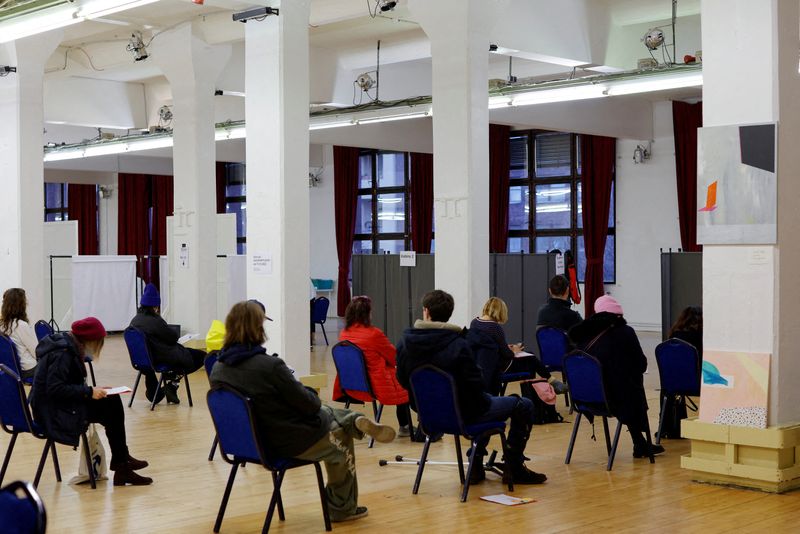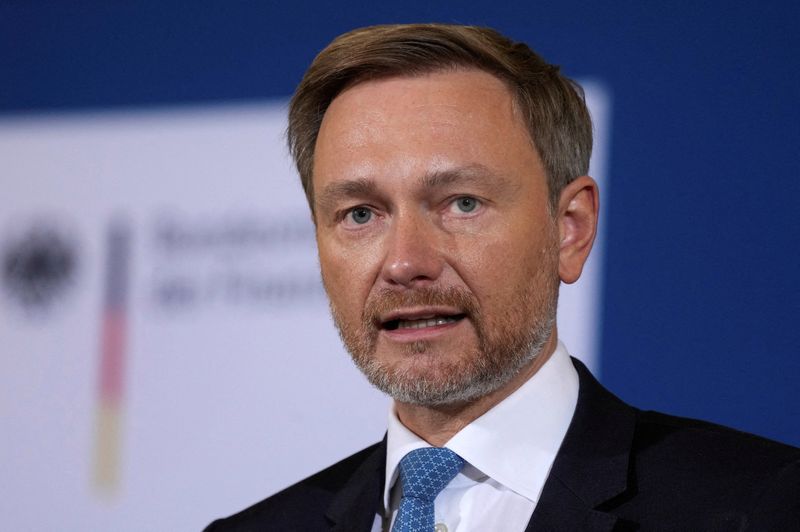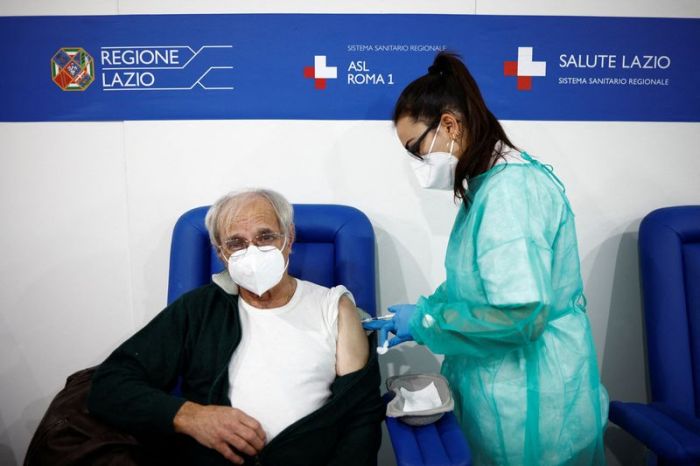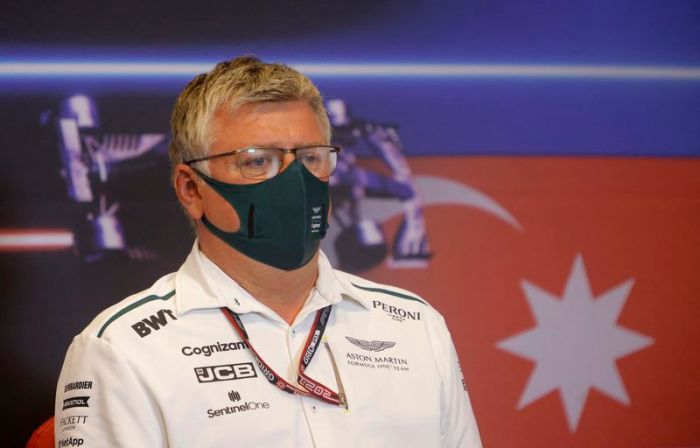BERLIN (Reuters) -Germany is considering shortening COVID-19 self-isolation periods over fears that critical services could grind to a halt as the highly infectious Omicron variant takes hold, a health ministry plan showed on Wednesday.
Workers in critical sectors, such as hospitals or electricity suppliers, would be able to end their isolation after five days, provided they test PCR negative for the virus, under the draft proposals being sent to regional leaders. The current isolation period is 14 days for everyone.
For the general population, the isolation period would be reduced to seven days with a negative PCR test, according to the draft document prepared for the leaders, who will meet Chancellor Olaf Scholz on Friday to discuss how to respond to the spread of the Omicron variant.
People who show no symptoms after 10 days of isolation will be allowed to leave their homes without a test, under the plan.
“We are moving towards having a very secure solution but at the same time keeping the critical infrastructure working,” Health Minister Karl Lauterbach told ZDF television.
Daily infections were declining in December after Germany introduced measures such as demanding proof of vaccination for many indoor activities, but started rising again a week ago.
The Robert Koch Institute for infectious diseases reported 58,912 new infections on Wednesday, up 47% from the same day a week ago. The country recorded another 346 deaths, taking the pandemic total to 112,925.
The health ministry said the Omicron variant was causing a quarter of all new COVID-19 cases in Germany and was likely to become the dominant variant in a matter of days.
Lauterbach also said tighter restrictions would be necessary to counter the jump in infections.
“I believe we have to talk again about limiting contacts before the big Omicron wave we are trying to avert or mitigate. I think that is necessary,” Lauterbach told ZDF television, adding the measures should be proportionate.
Lauterbach said he wanted more than 80% of those who are fully vaccinated to receive a booster – or about 56% of the population: “The booster shot is the best protection from the Omicron variant,” he said.
Germany has a low rate of vaccination compared with some other western European countries: 71.3% of the population is fully vaccinated and 39.3% have received a booster shot.
(Additional reporting by Emma Thomasson, Madeline Chambers; Editing by Miranda Murray, Tomasz Janowski, Pravin Char and Aurora Ellis)




















